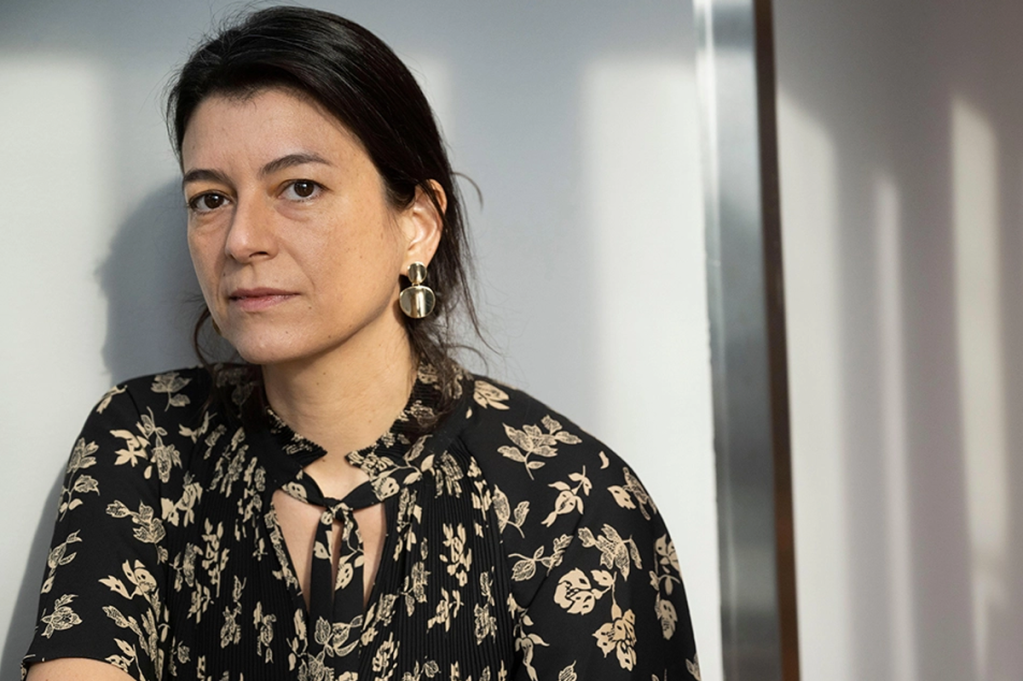Thrice nominated for the International Booker prize, the Argentine author Samanta Schweblin is part of a wave of Latin American writers whose work has been dubbed “narrative of the unusual.”
While Seven Empty Houses is less fantastical than Schweblin’s previous collection, Mouthful of Birds, the unease of the uncanny persists. Written as she was moving from Buenos Aires to Berlin, the seven stories depict displacement (there are a lot of boxes) and disturbance. A woman sneaks around mansions to rearrange them; a man worries about his children staying with his nudist parents; a woman is unmoored after moving back from Spain.
One of the most unsettling stories, “An Unlucky Man,” is about an encounter between an eight-year-old girl and a stranger in a hospital waiting room. He takes her across the street to a shopping center to get her Hello Kitty underwear (after she reveals that she isn’t wearing any). The girl feels differently about the gesture than her parents and the police do.
In light of the extreme wealth disparity in Argentina (an estimated 40 percent of the population lives below the poverty line) and shocking rates of femicide, Schweblin’s recurring themes include class and violence against women. Homes here are not safe spaces.
With houses used as a metaphor for domesticity by authors from Ray Bradbury to Shirley Jackson, Schweblin queries who is doing the haunting. In the collection’s longest story, “Breath from the Depths,” a grieving woman suffering from dementia boxes up her possessions — her memory emptying along with the contents of her home. As her mind deteriorates, she hears “a rough, ghostly sound” which she recognizes as “her own breathing.”
Published in Spanish in 2015 — long before lockdown had us all testing the mental limits of being housebound — Seven Empty Houses won the Ribera del Duero prize, awarded for the best Spanish-language short story collection. Seamlessly translated by Megan McDowell, it is one of five finalists for this year’s National Book Award for translated literature in Britain.
Accolades aside, Seven Empty Houses is not Schweblin’s most realized work. “I am really interested in tension,” she said in a recent interview. Tension, however, requires stakes, as skillfully erected in her novels Fever Dream, about a woman dying from the effects of pesticide, and Little Eyes, on the voyeuristic risks of technology. As the stories in this collection are more atmospheric than driven by character or plot, most remain vignettes. They court a sensation of strangeness but, unlike elsewhere in her oeuvre, stretching reality falls short of illuminating its absurdities.
This article was originally published in The Spectator’s UK magazine. Subscribe to the World edition here.

























